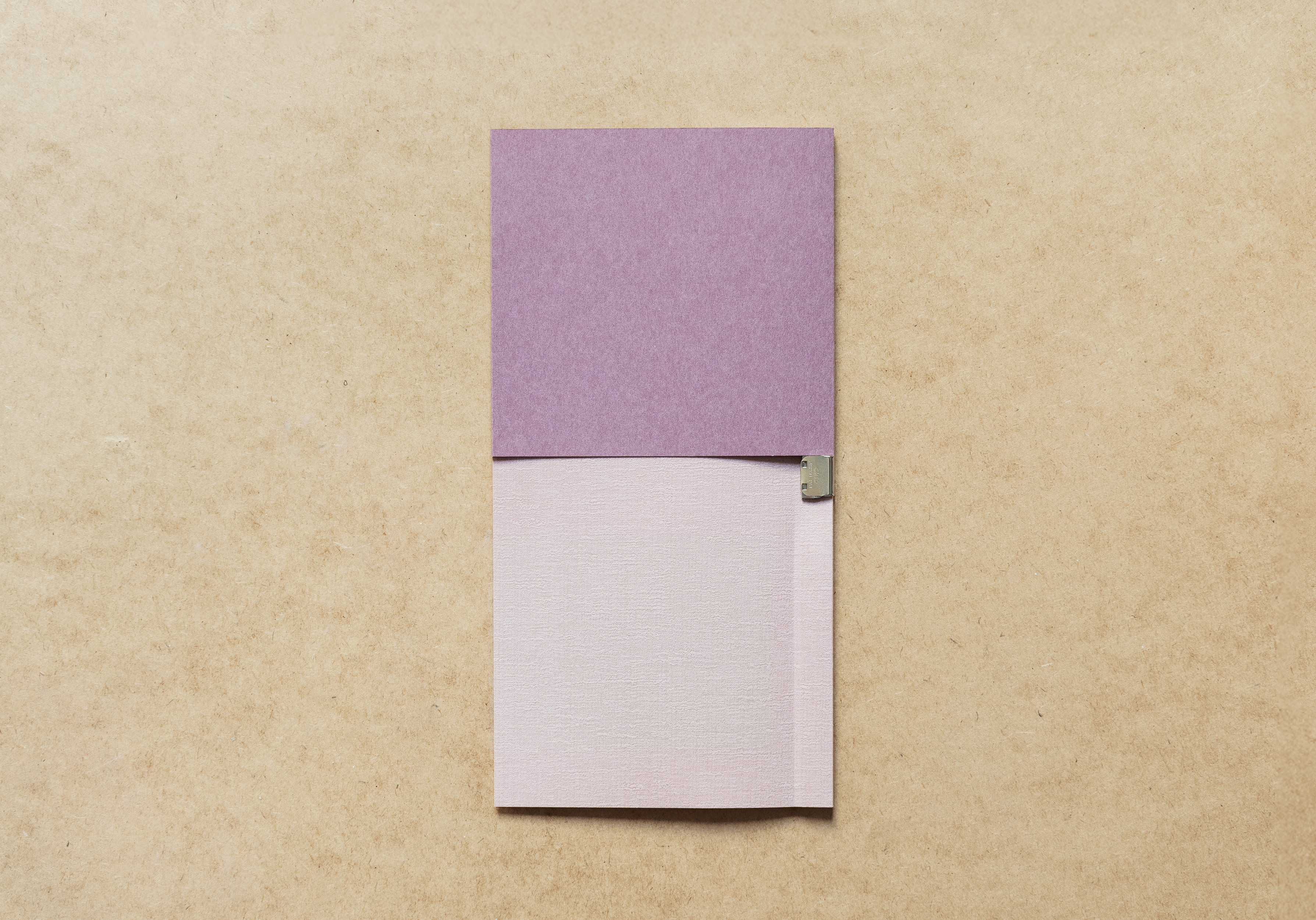
パターン Pattern
24 pages, edition of 50
Self-published
2025
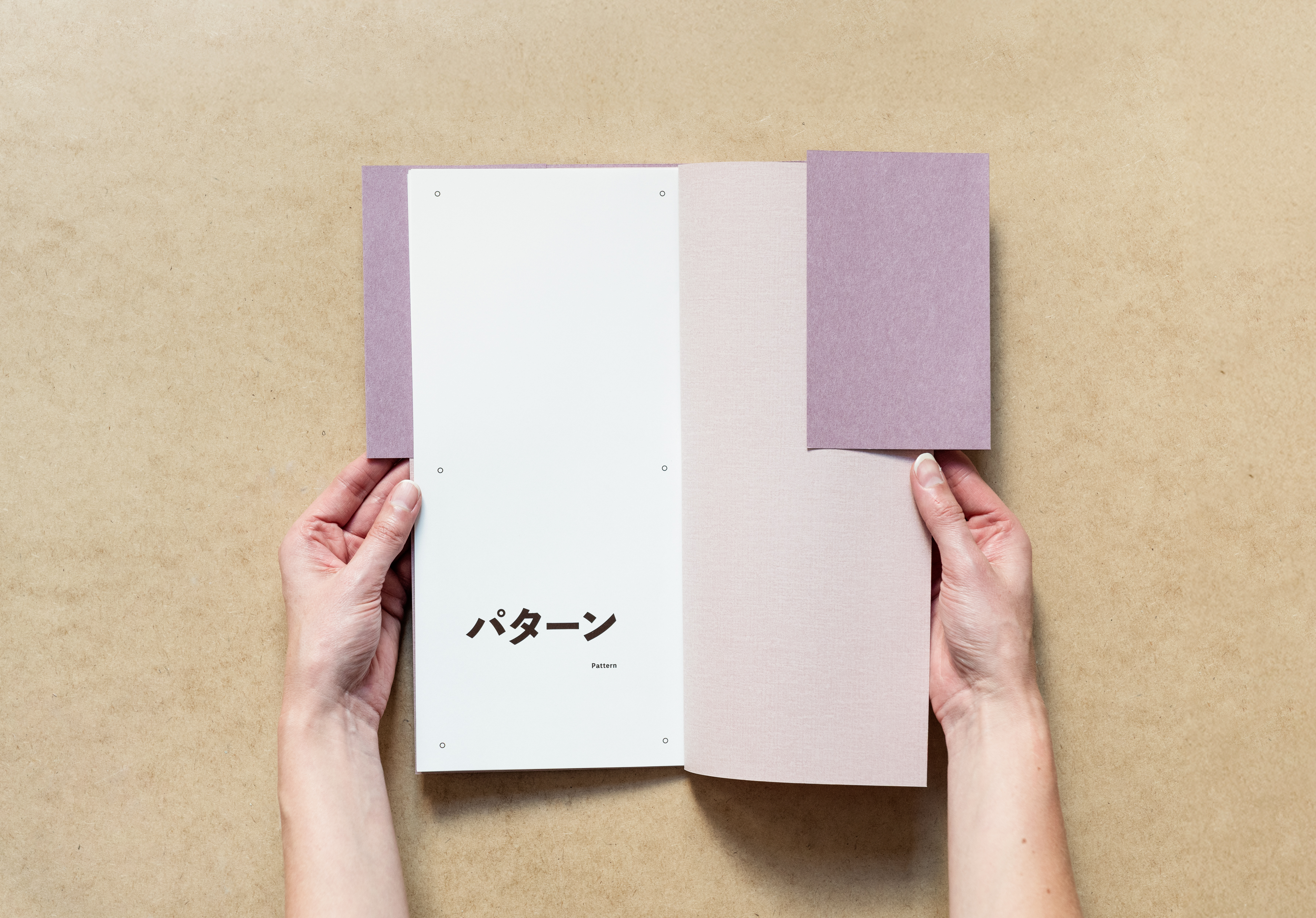
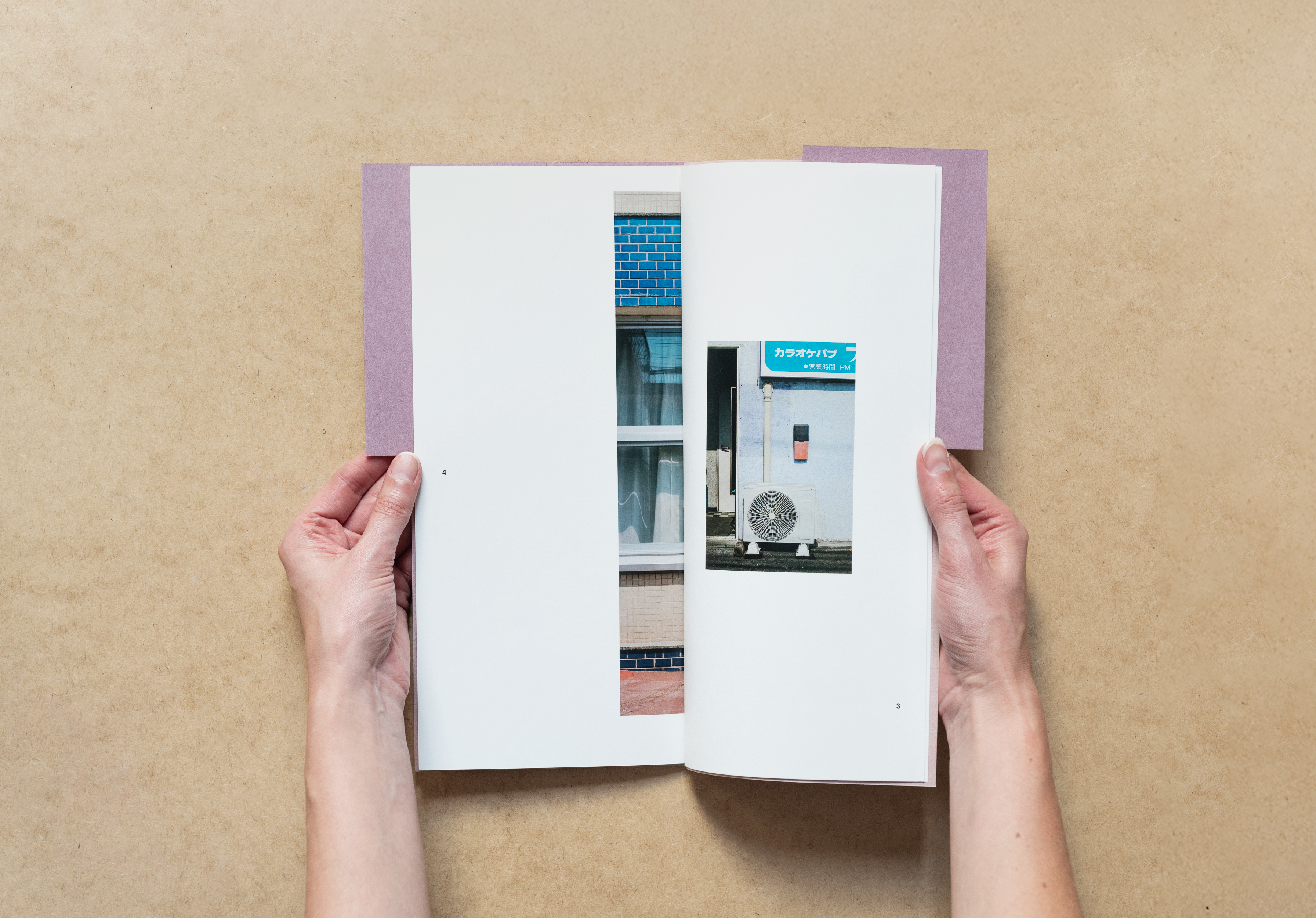
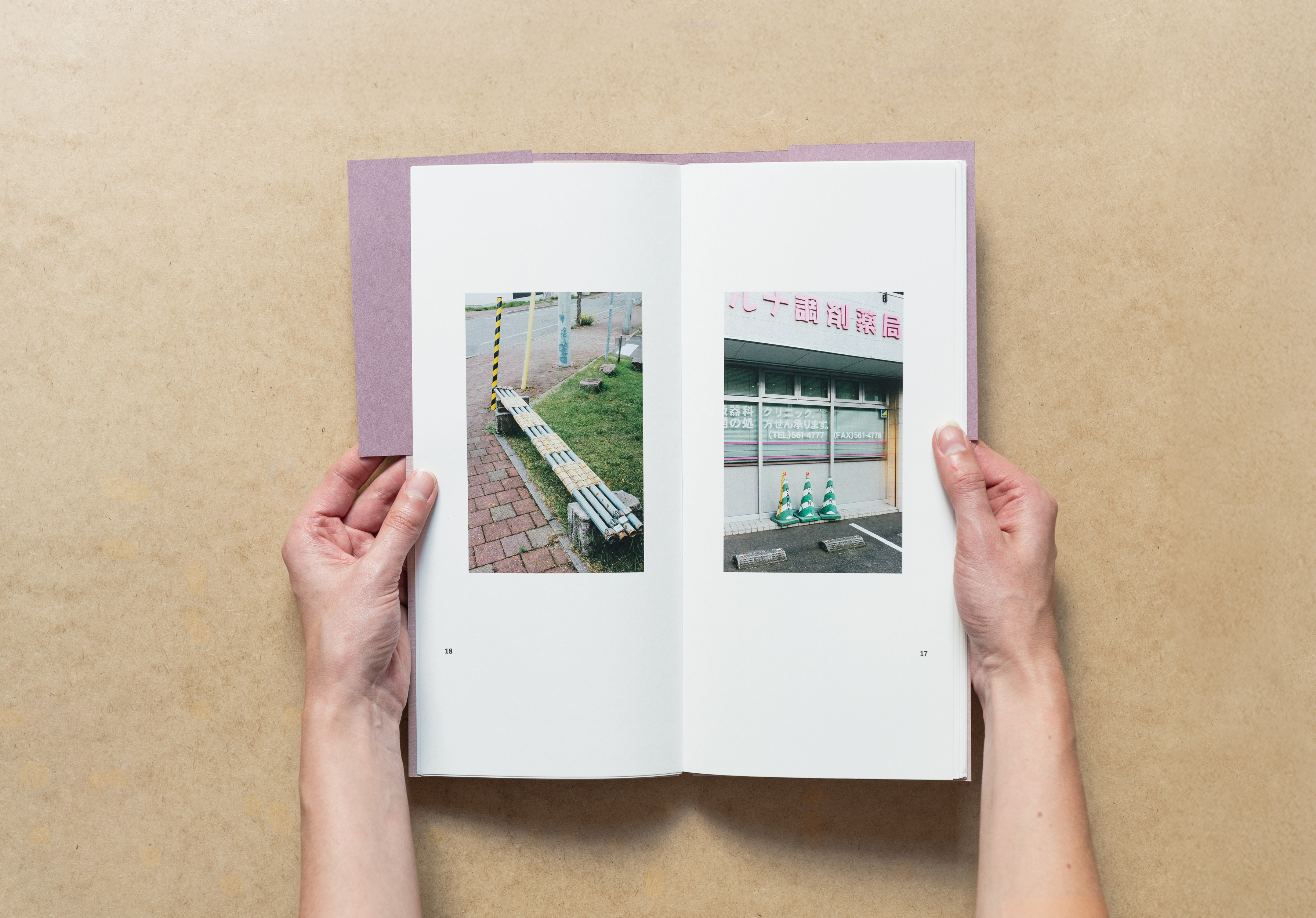
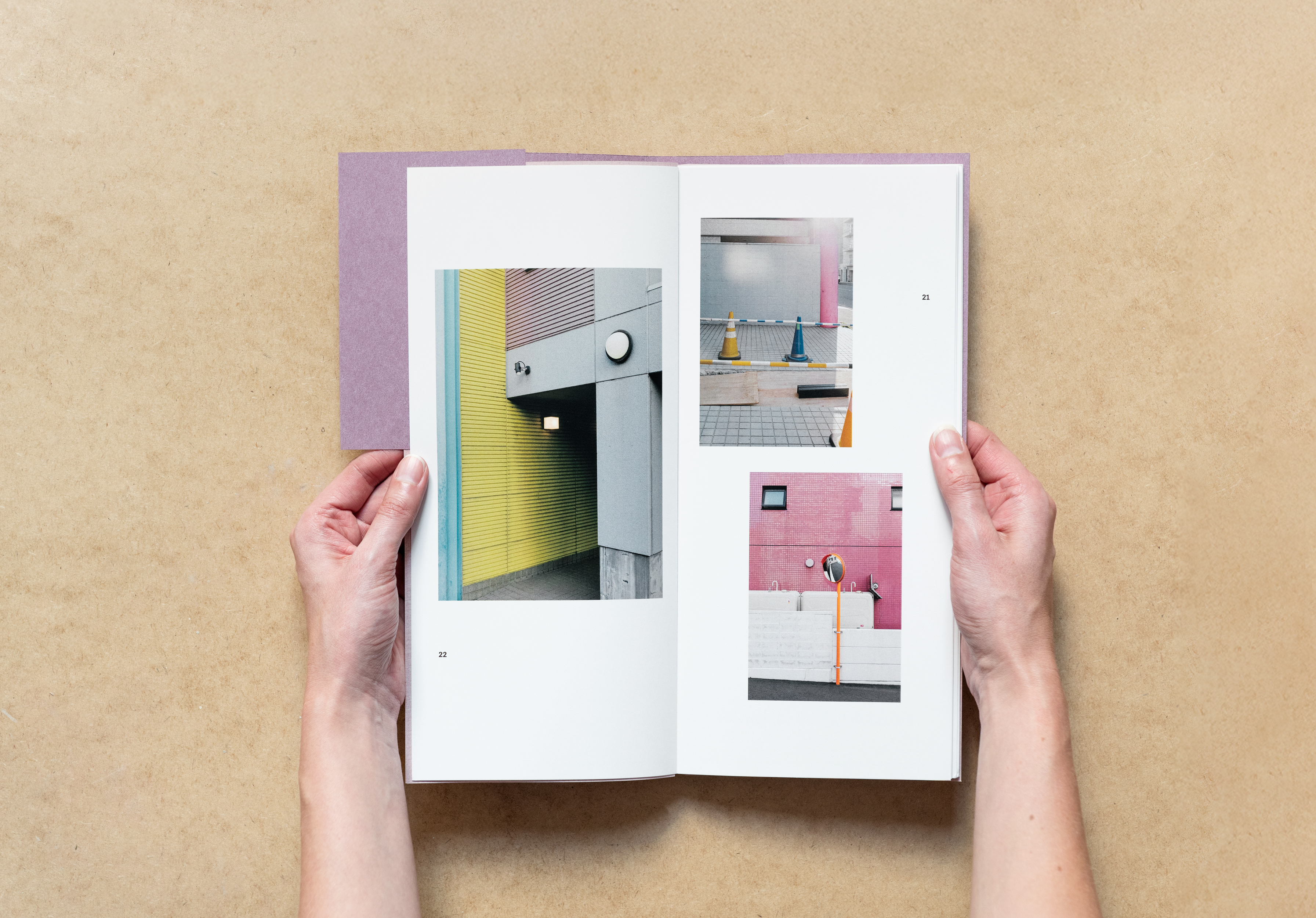
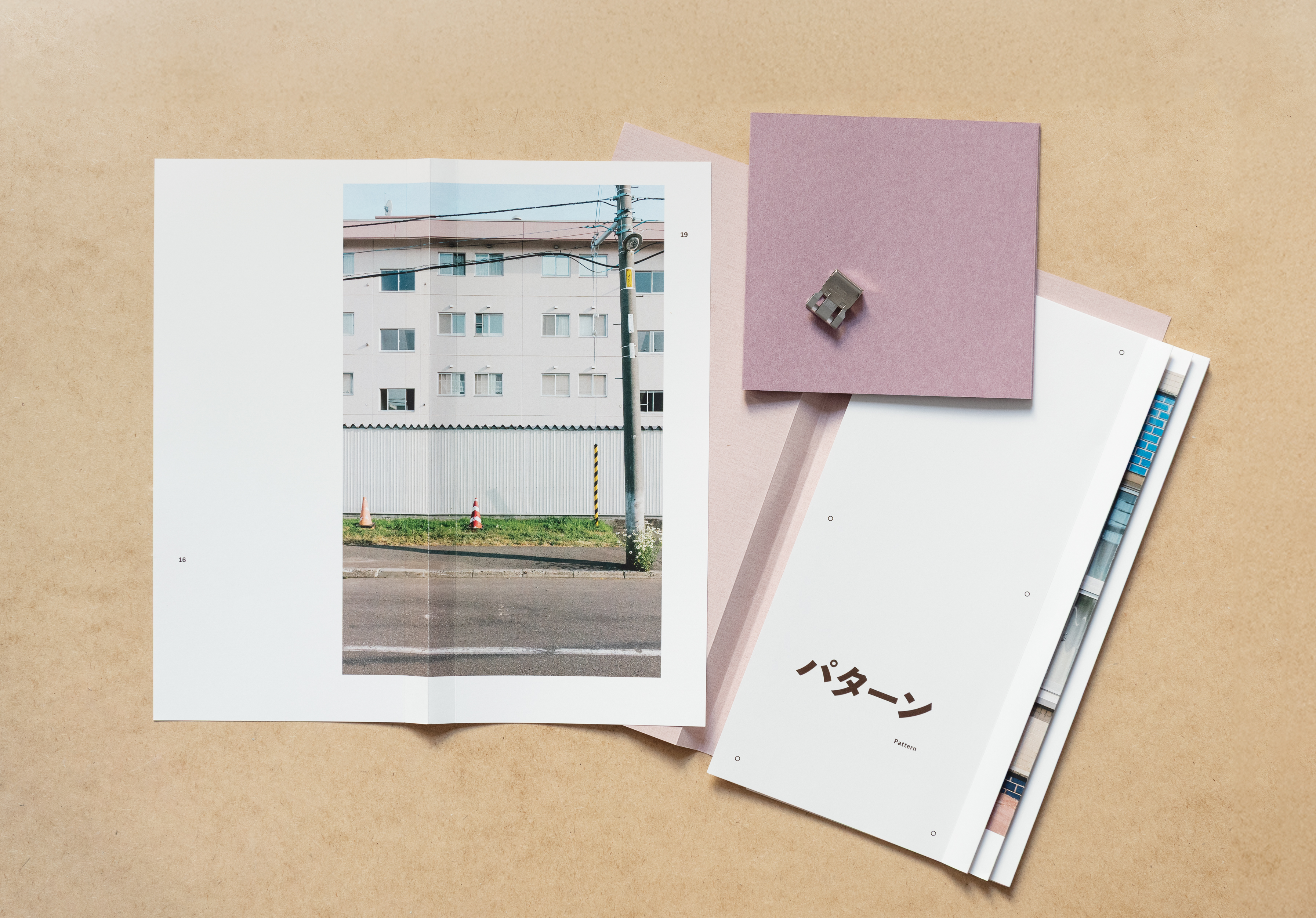
During a residency in Sapporo, Japan in the summer of 2025 I spent my days walking—observing, collecting, and photographing the city’s visual patterns. Traces of time passed and of human presence in the wear of surfaces, in routines made visible, in things arranged and left behind. Produced entirely—from first photograph to final publication—in Sapporo.
My goal was to create a work that is closely tied to the place where it was made. The book’s format is meant to take the reader on a journey of discovery similar to my own experience in the city. Read like a regular book, it follows tatami proportions, while each spread forms a square based on the unit of tsubo. The pages can be taken apart and rearranged, or used as posters.
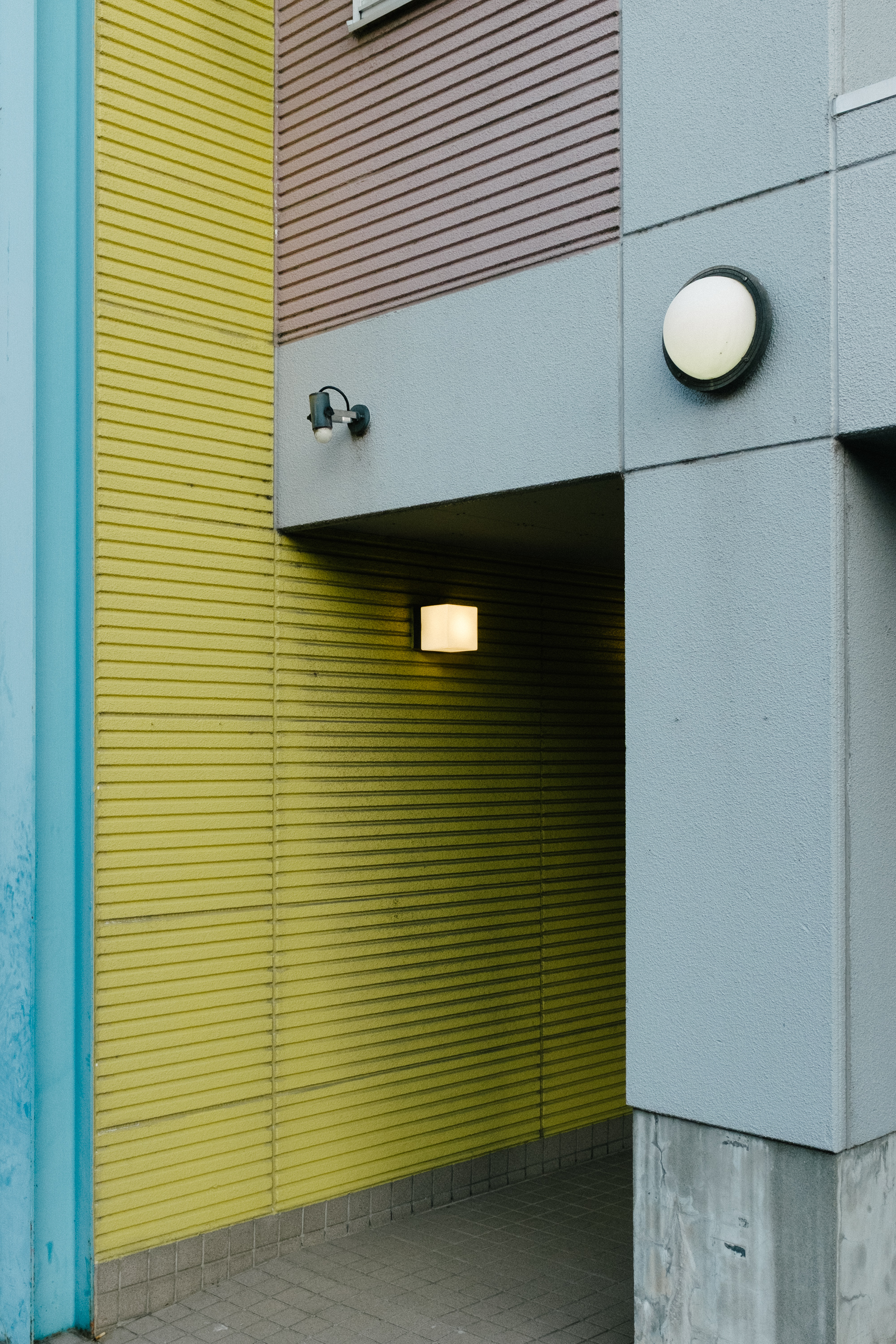
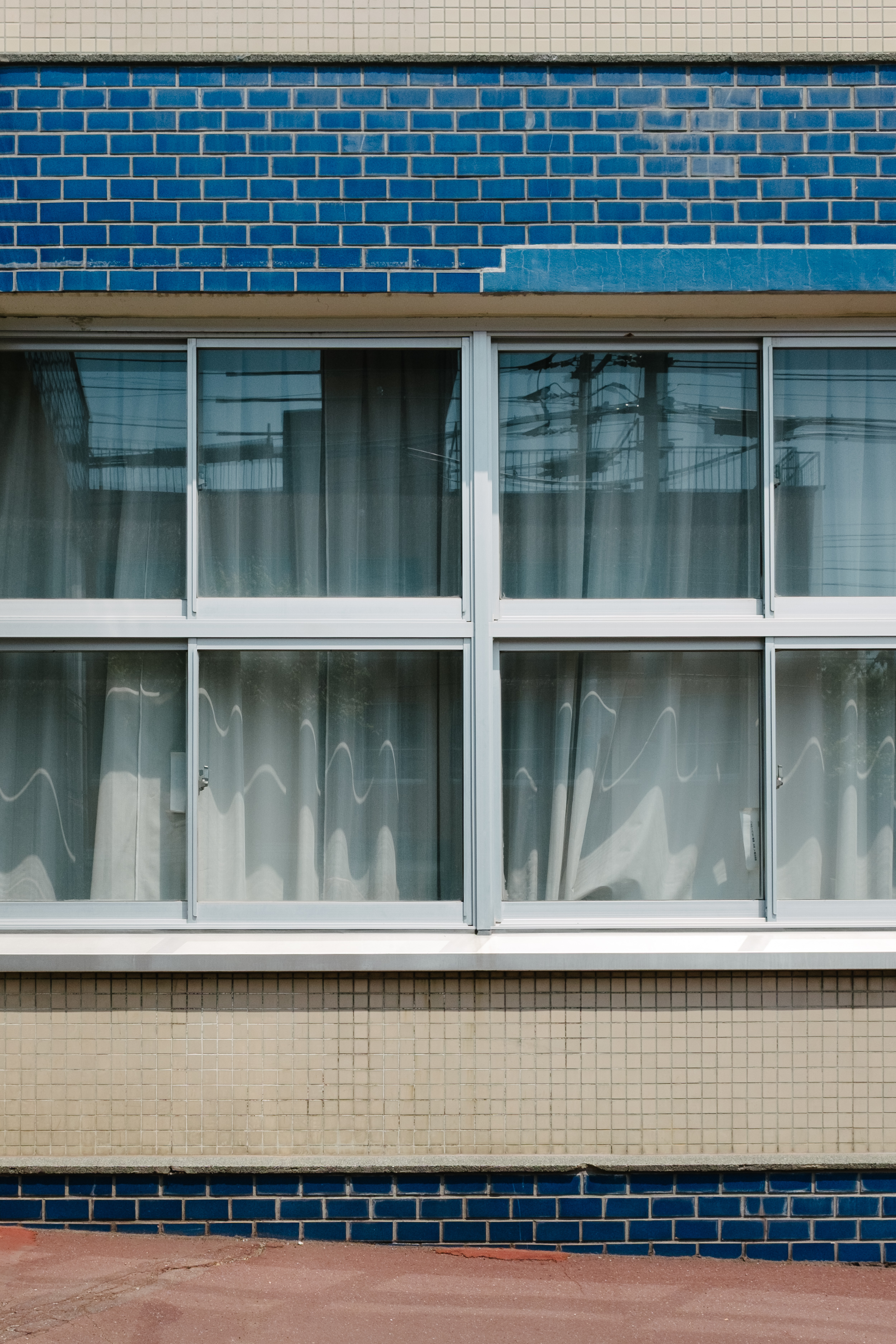
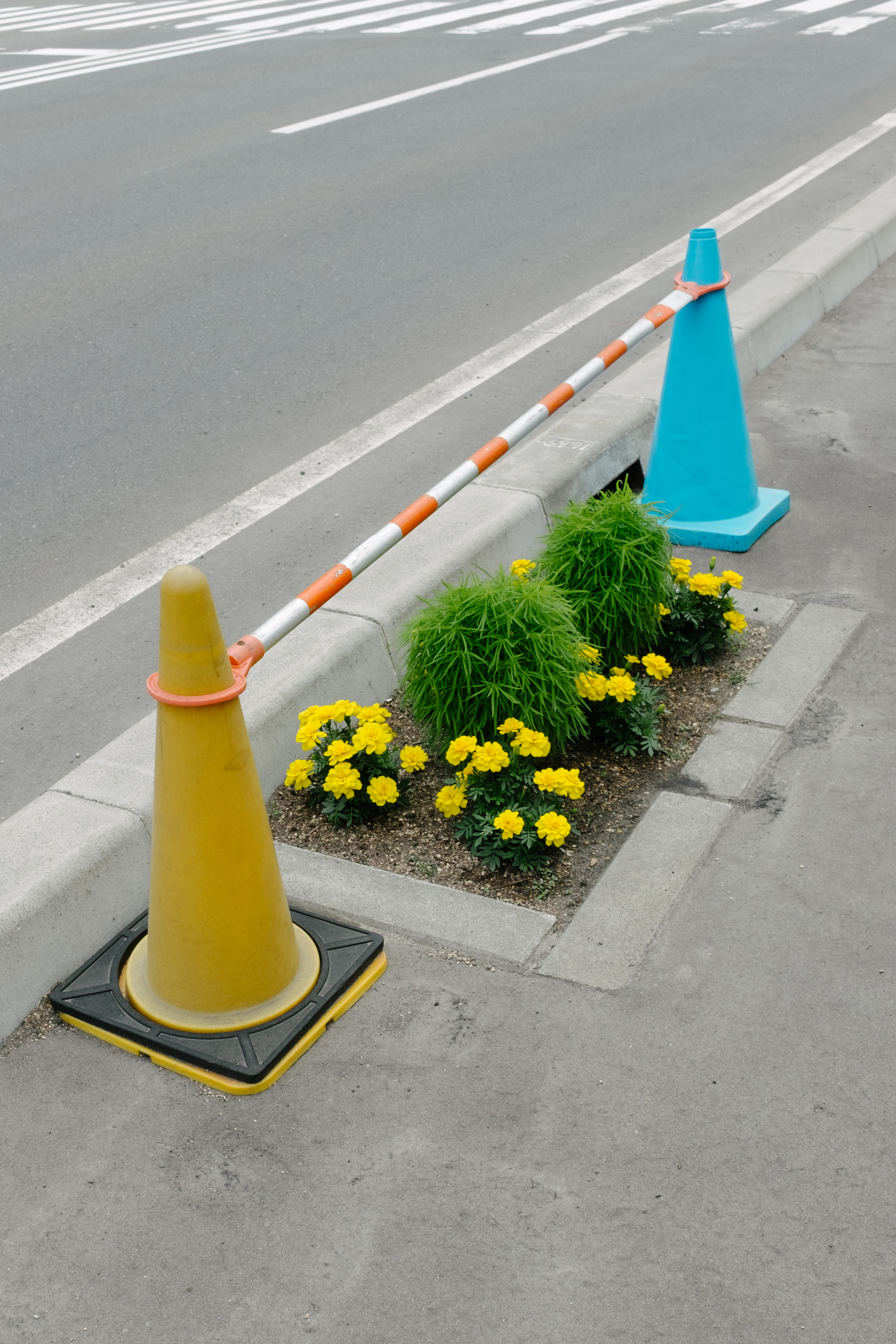

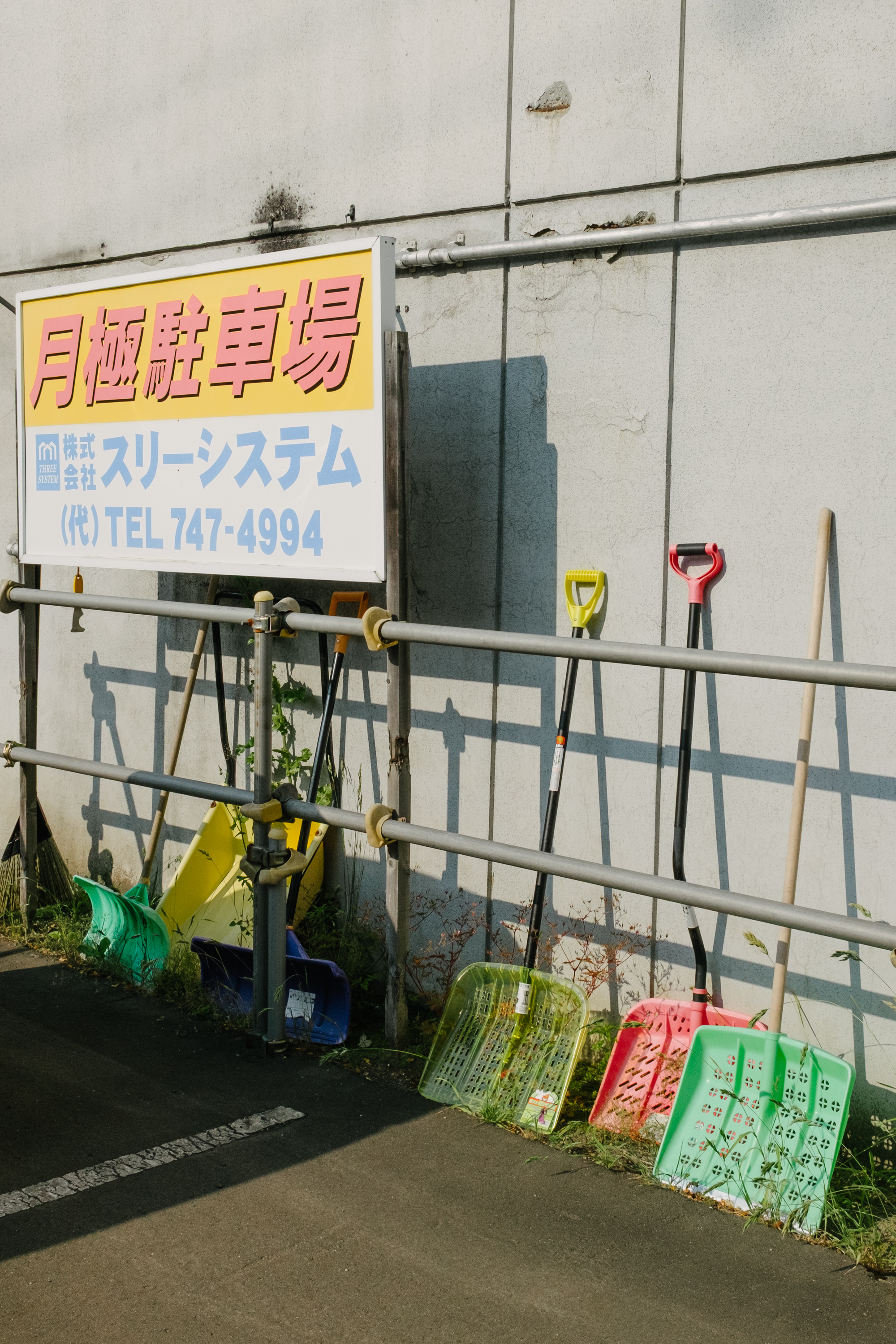



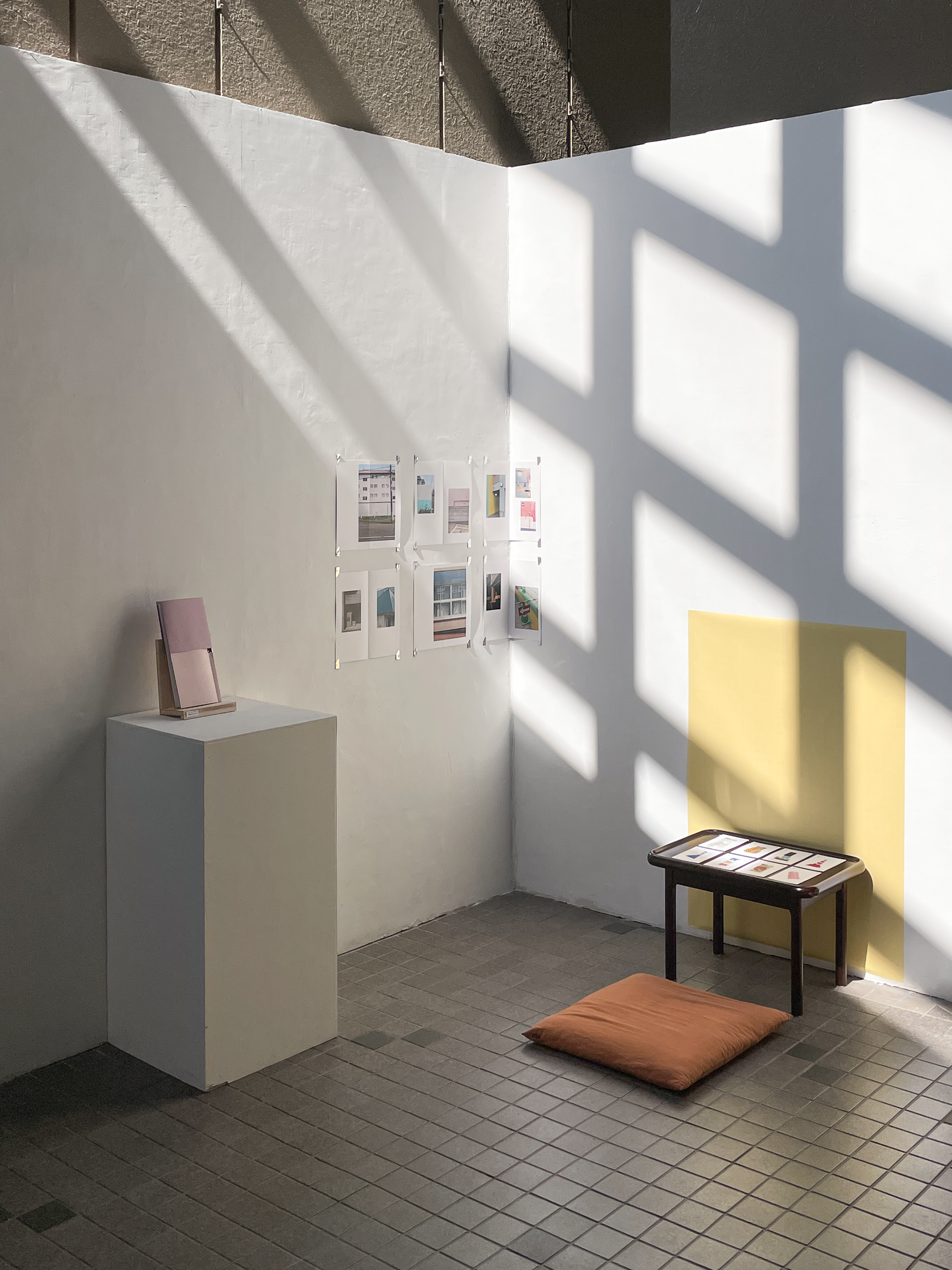
パターン Pattern
2025Exhibition
Sapporo Tenjinyama
Art Studio, Japan

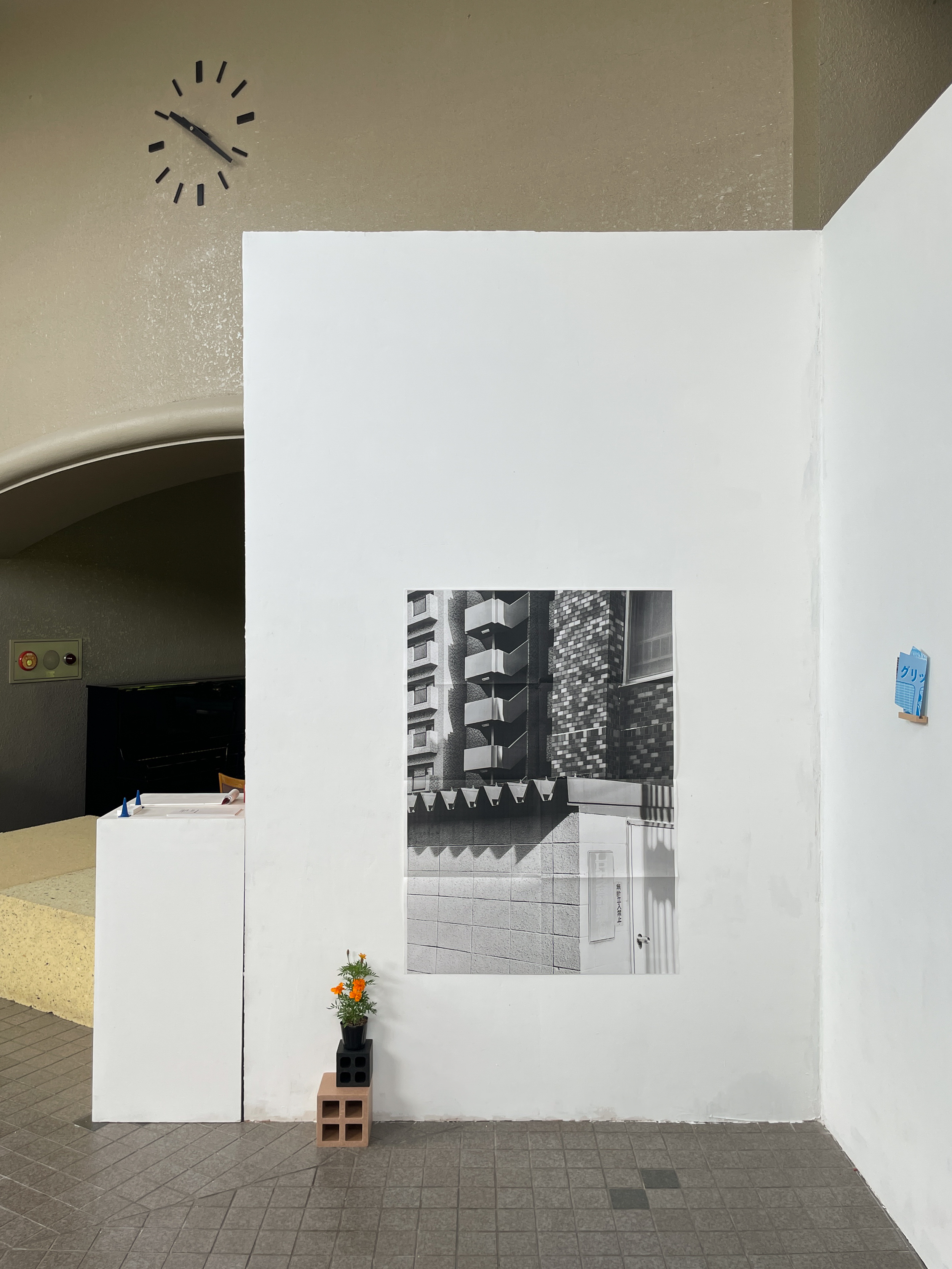

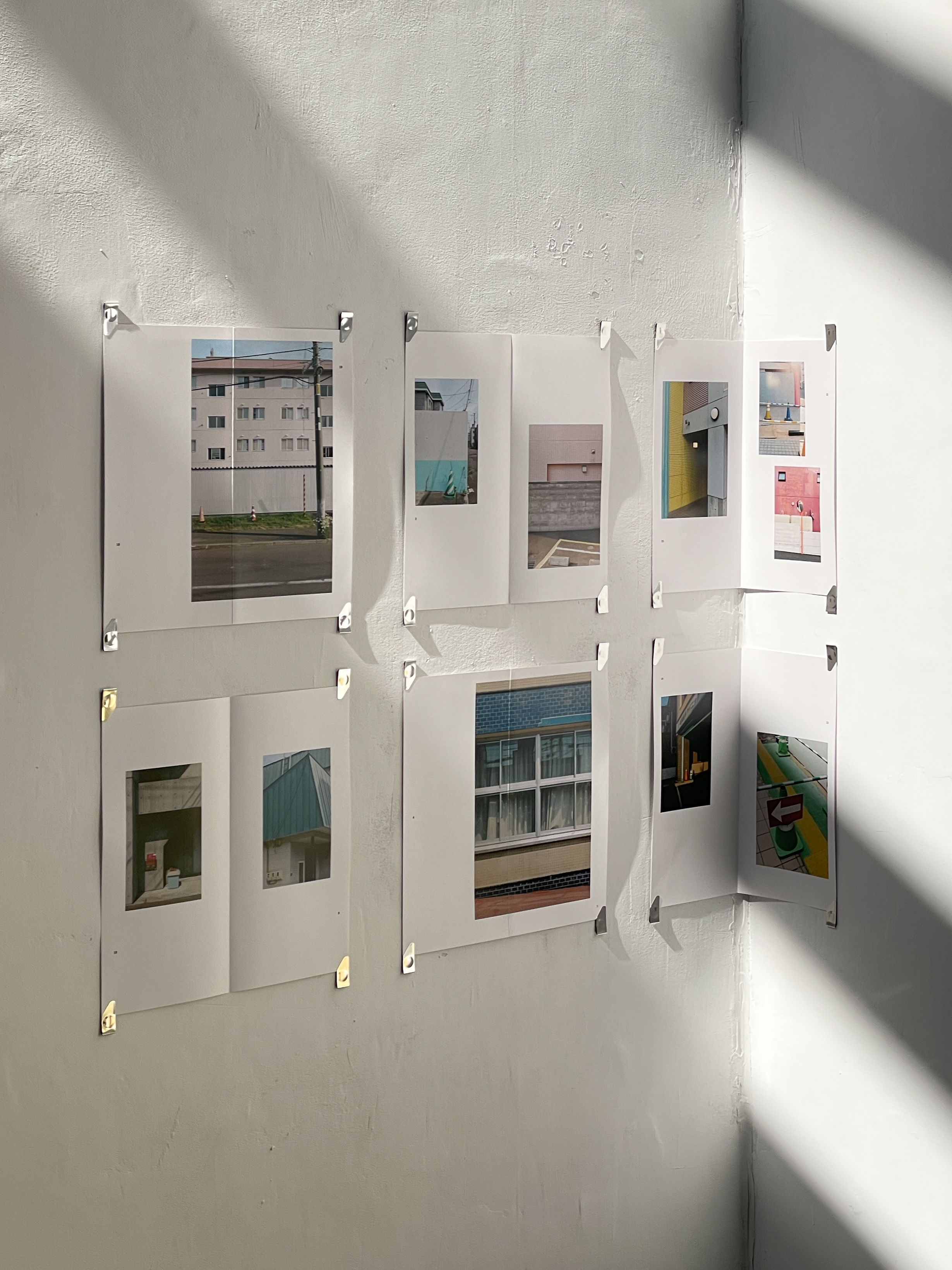
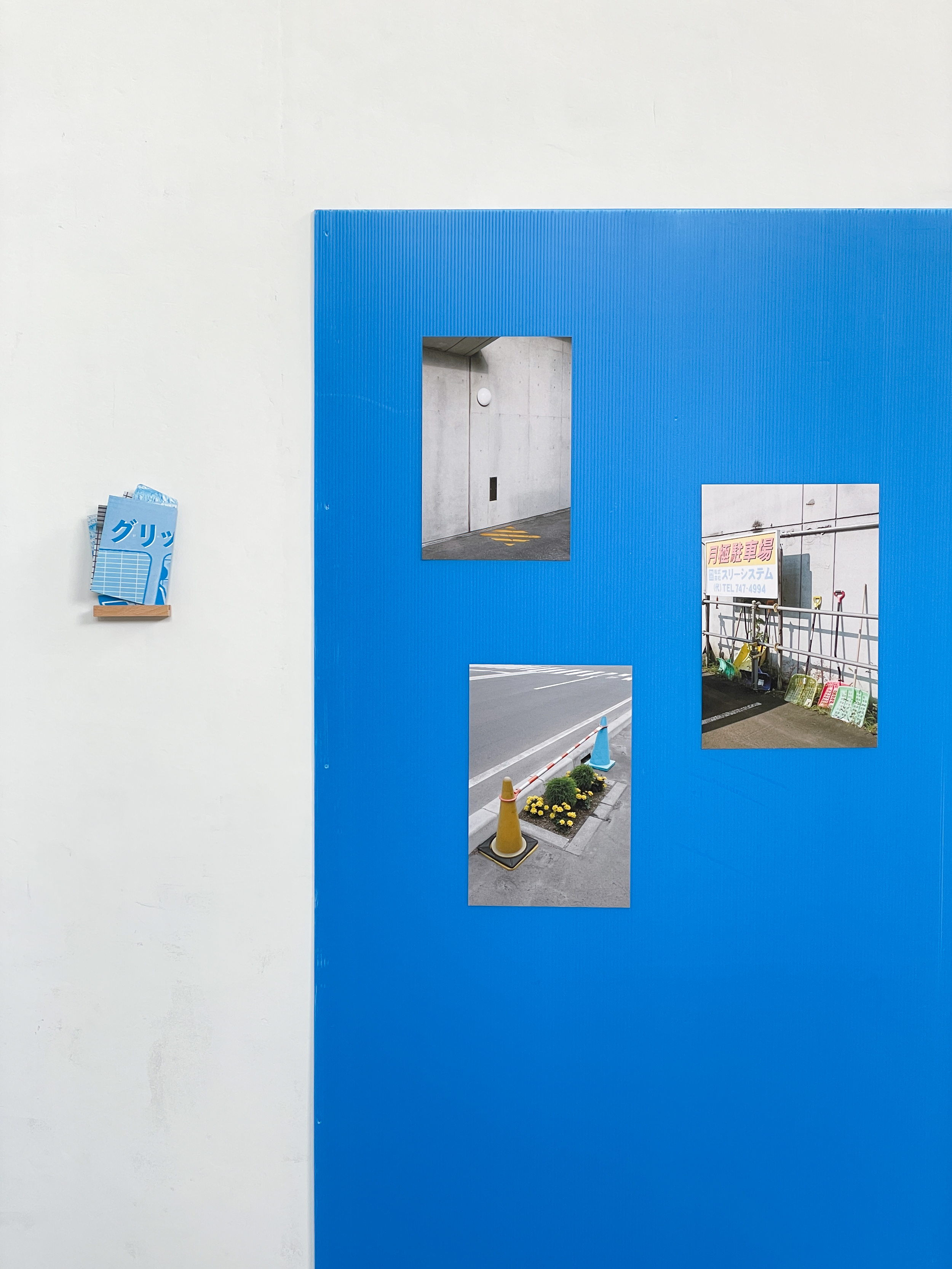


Fruta Et Cetera
26 pages, edition of 50
Self-published
2017


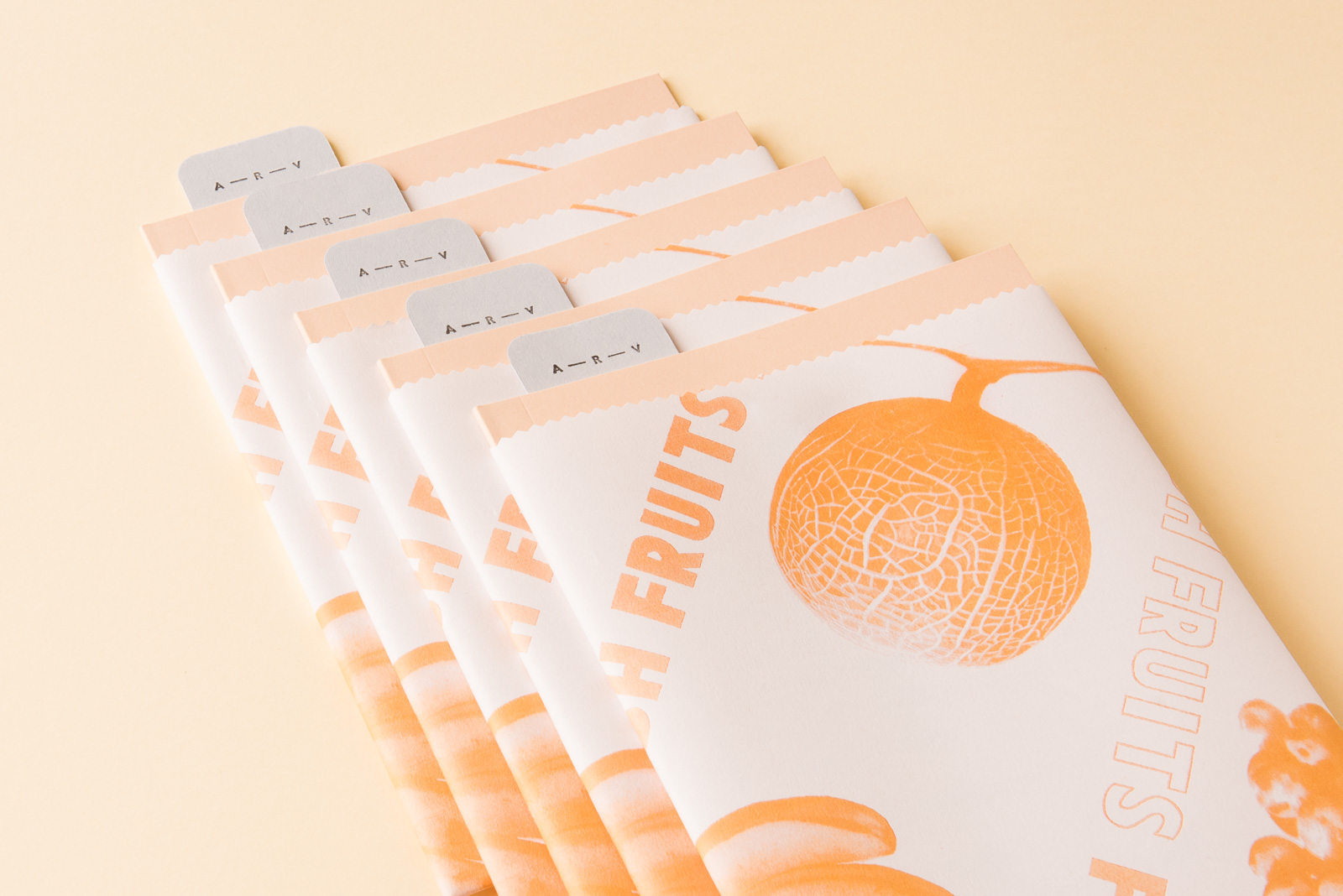
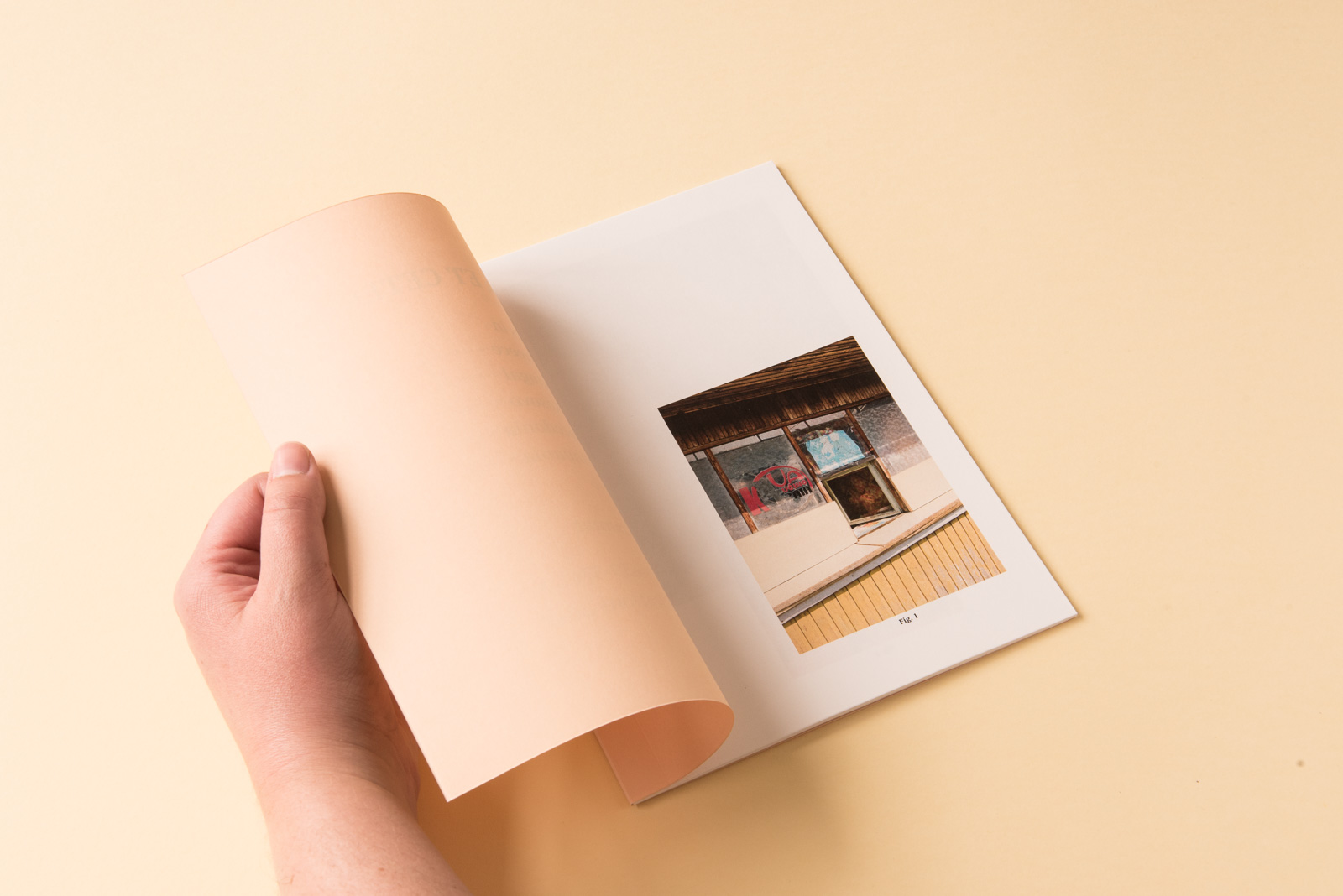
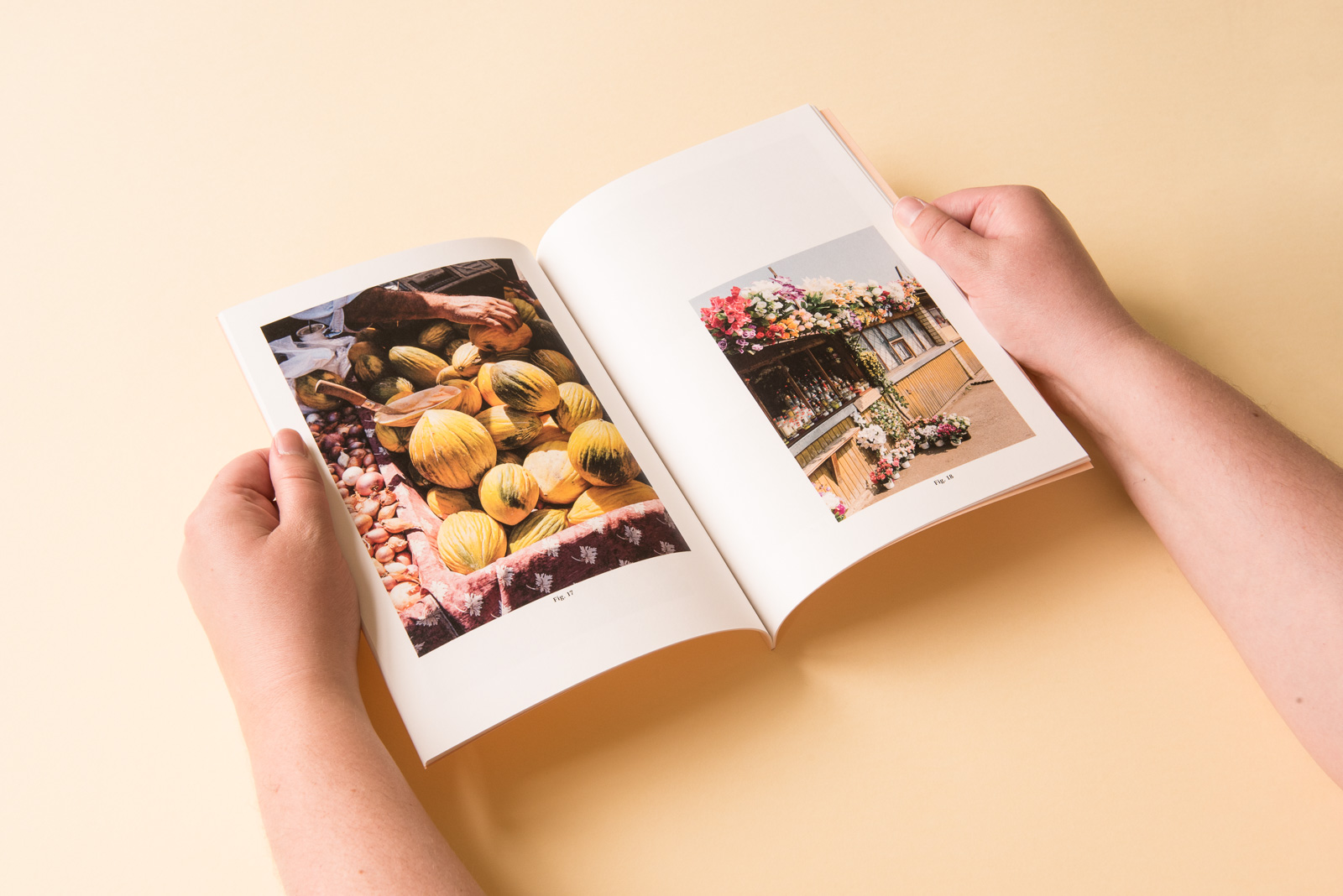




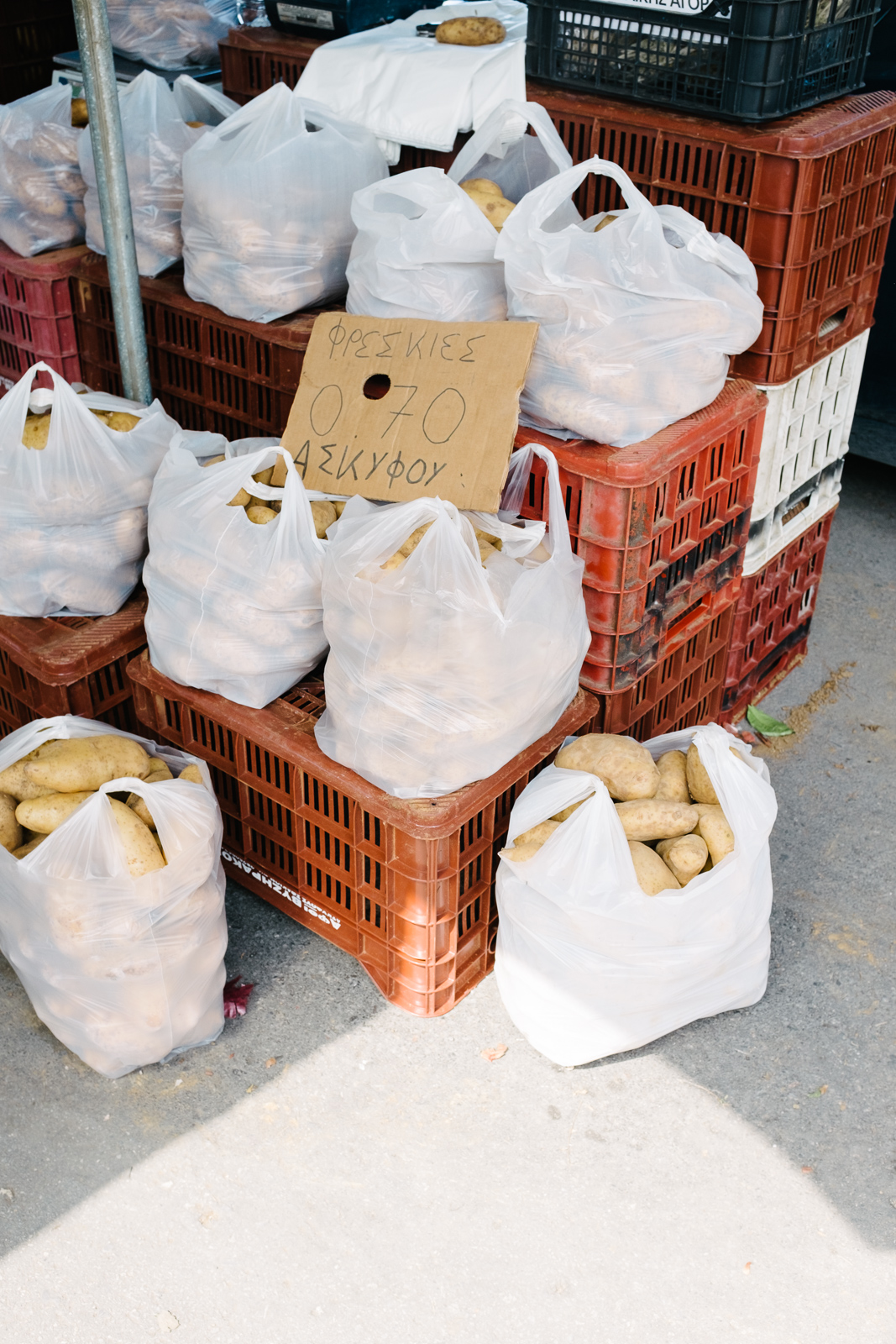
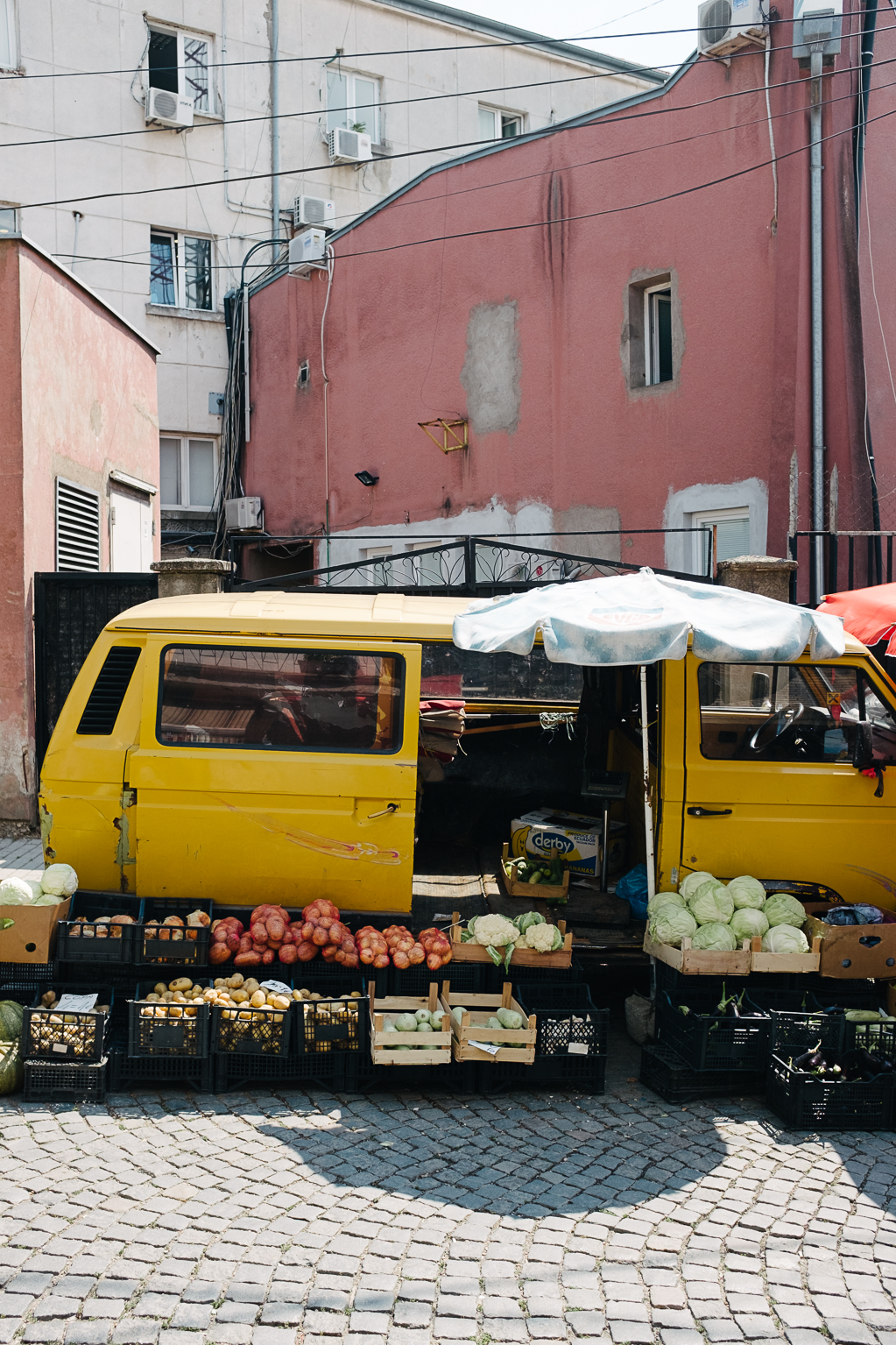
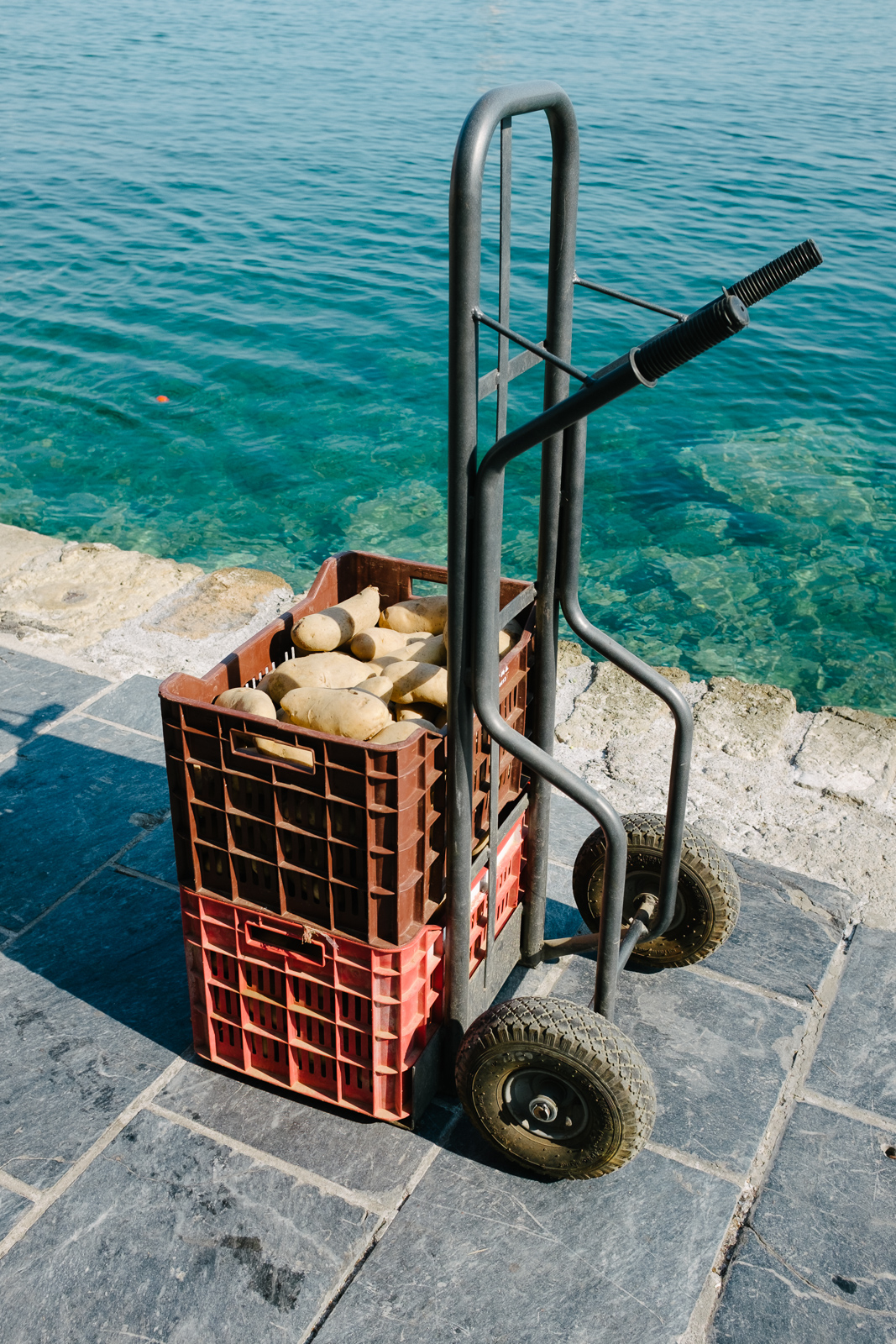

Fruta Et Cetera explores everyday food markets across southern and eastern Europe. These markets, once common but now largely gone from my own country, fascinate me with their visual richness: colours, textures, and the organic rhythm of daily life.
Taken during my travels in 2016, the images weave together markets from different cities into one shared story of ordinary life, culture, and community.
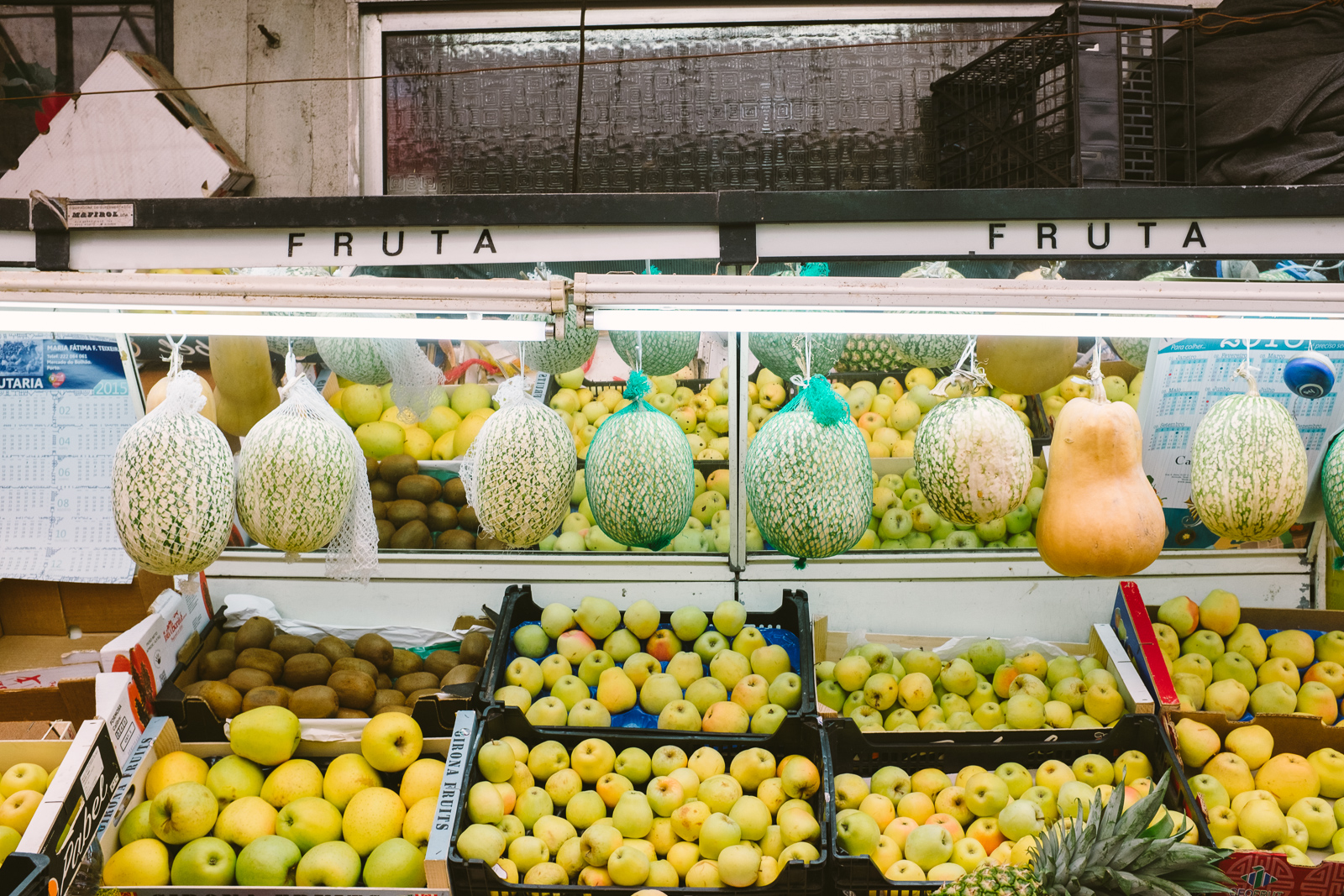

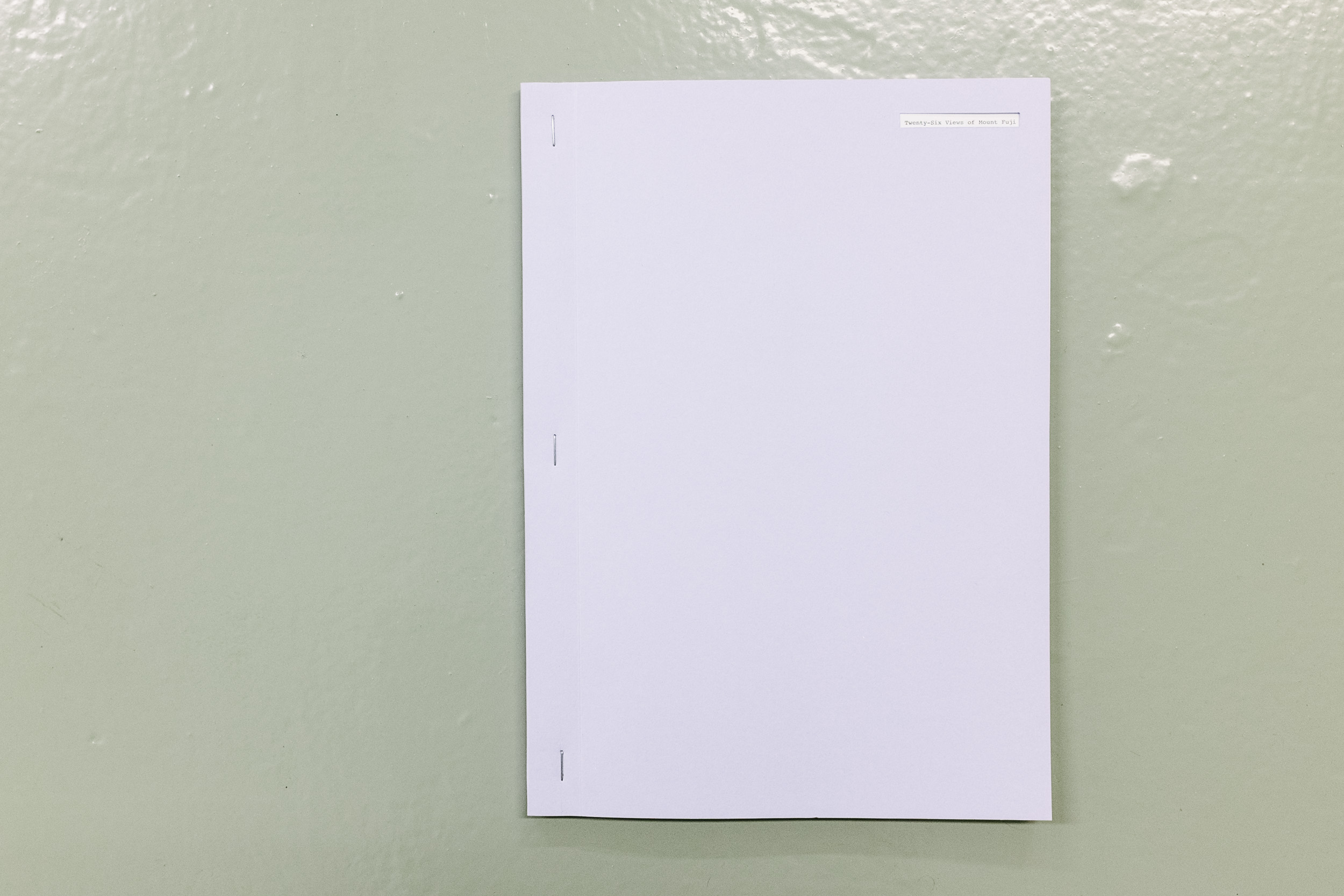
Twenty-Six Views of Mount Fuji
88 pages, edition of 1
2016
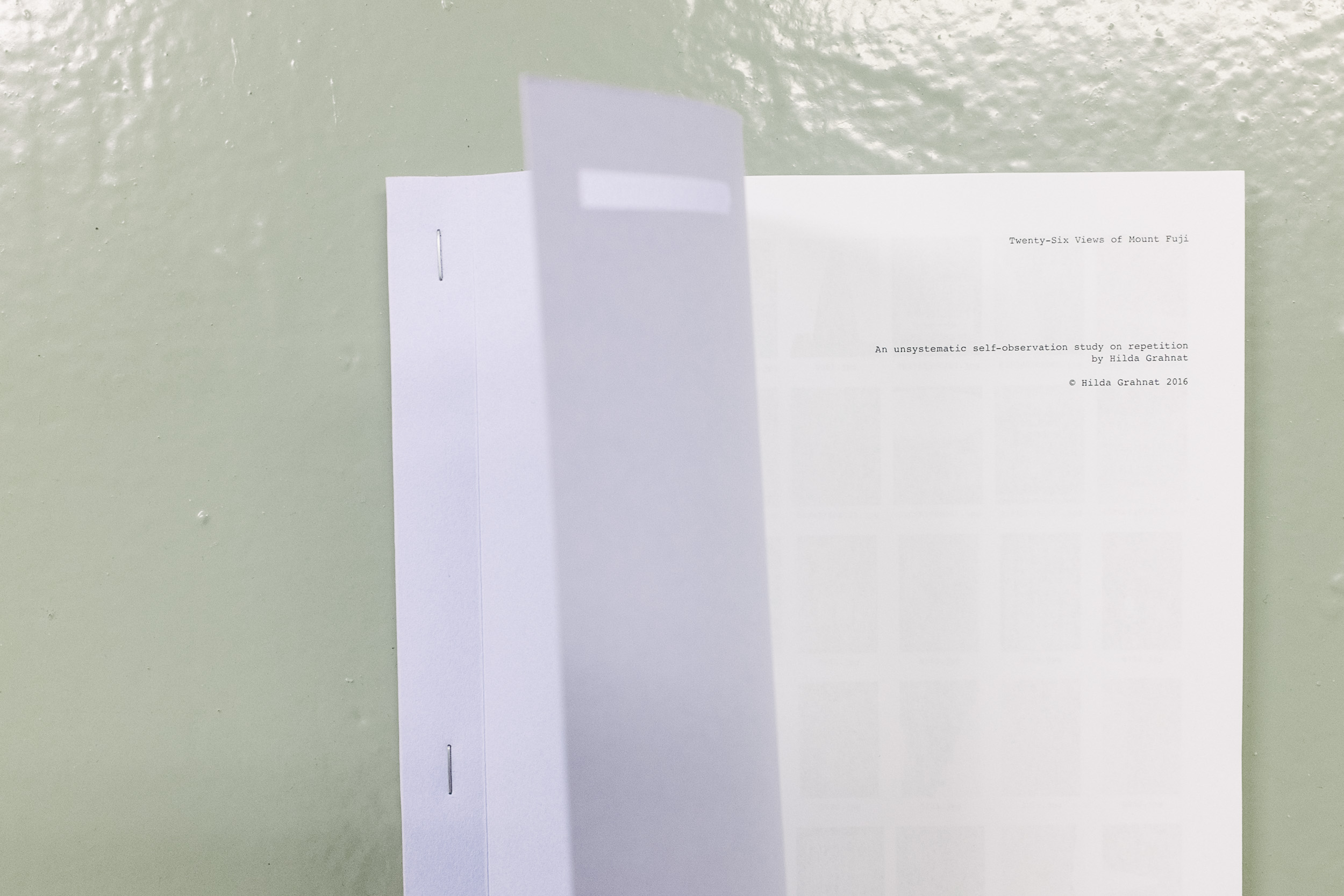


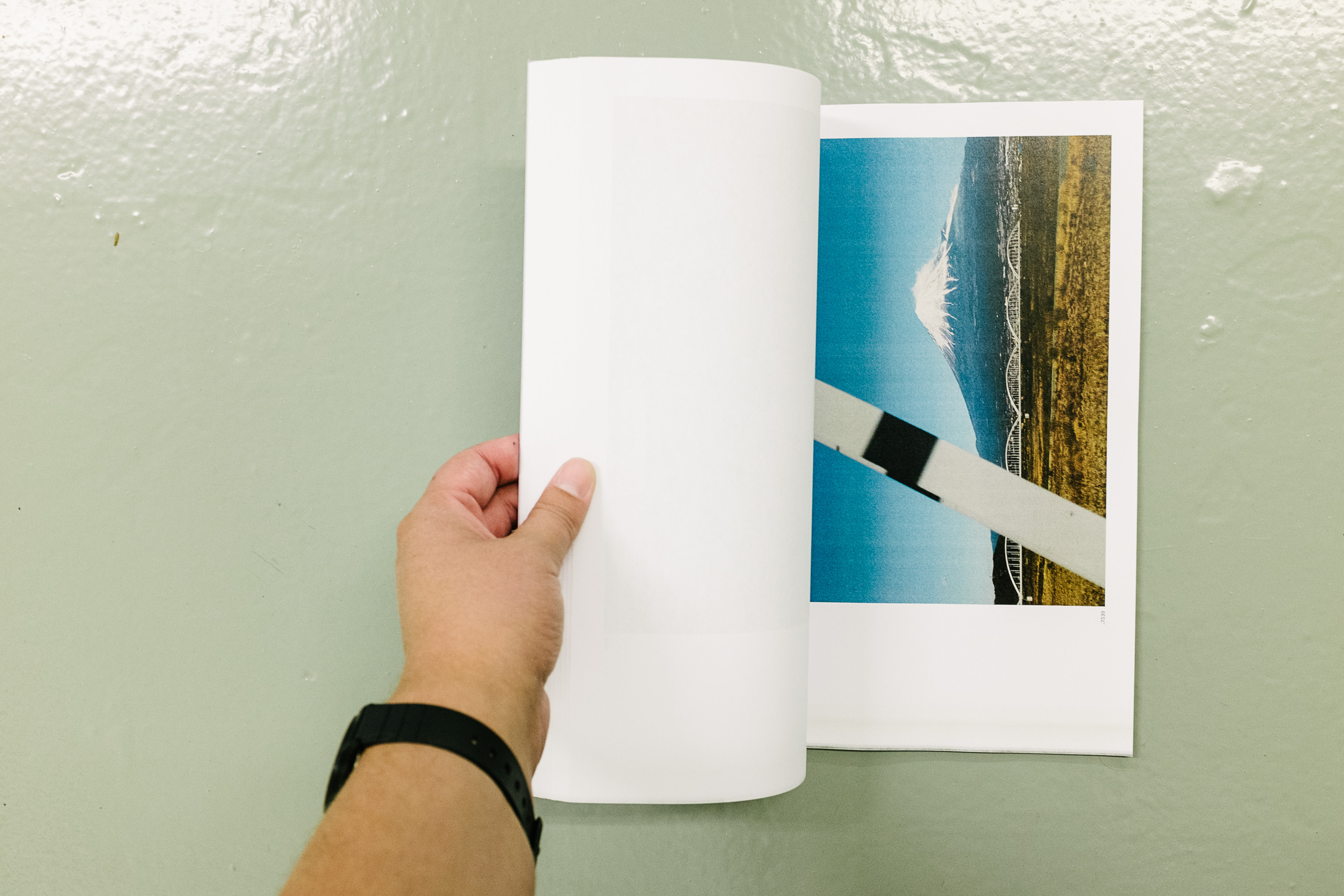



Twenty-Six Views of Mount Fuji is ‘an unsystematic self-observation study on repetition’ where images from my personal archive 2007-2016 are combined into diptychs solely based on visual similarity.
Born out of a feeling of stagnation in my own artistry, I wanted to examine if my photographic eye really was as monotonous as I suspected. (Spoiler: it was.) As I combed through my vast archive, the question of ‘how?’ was more important to me than the ‘why?’.
An index of the entire archive in file name order allows for random combinations that contradict the diptychs. The book’s format, printing and binding methods are borrowed from scientific studies done in the ‘70s.
Born out of a feeling of stagnation in my own artistry, I wanted to examine if my photographic eye really was as monotonous as I suspected. (Spoiler: it was.) As I combed through my vast archive, the question of ‘how?’ was more important to me than the ‘why?’.
An index of the entire archive in file name order allows for random combinations that contradict the diptychs. The book’s format, printing and binding methods are borrowed from scientific studies done in the ‘70s.

Exhibited at Galleri Rotor2, 2016.


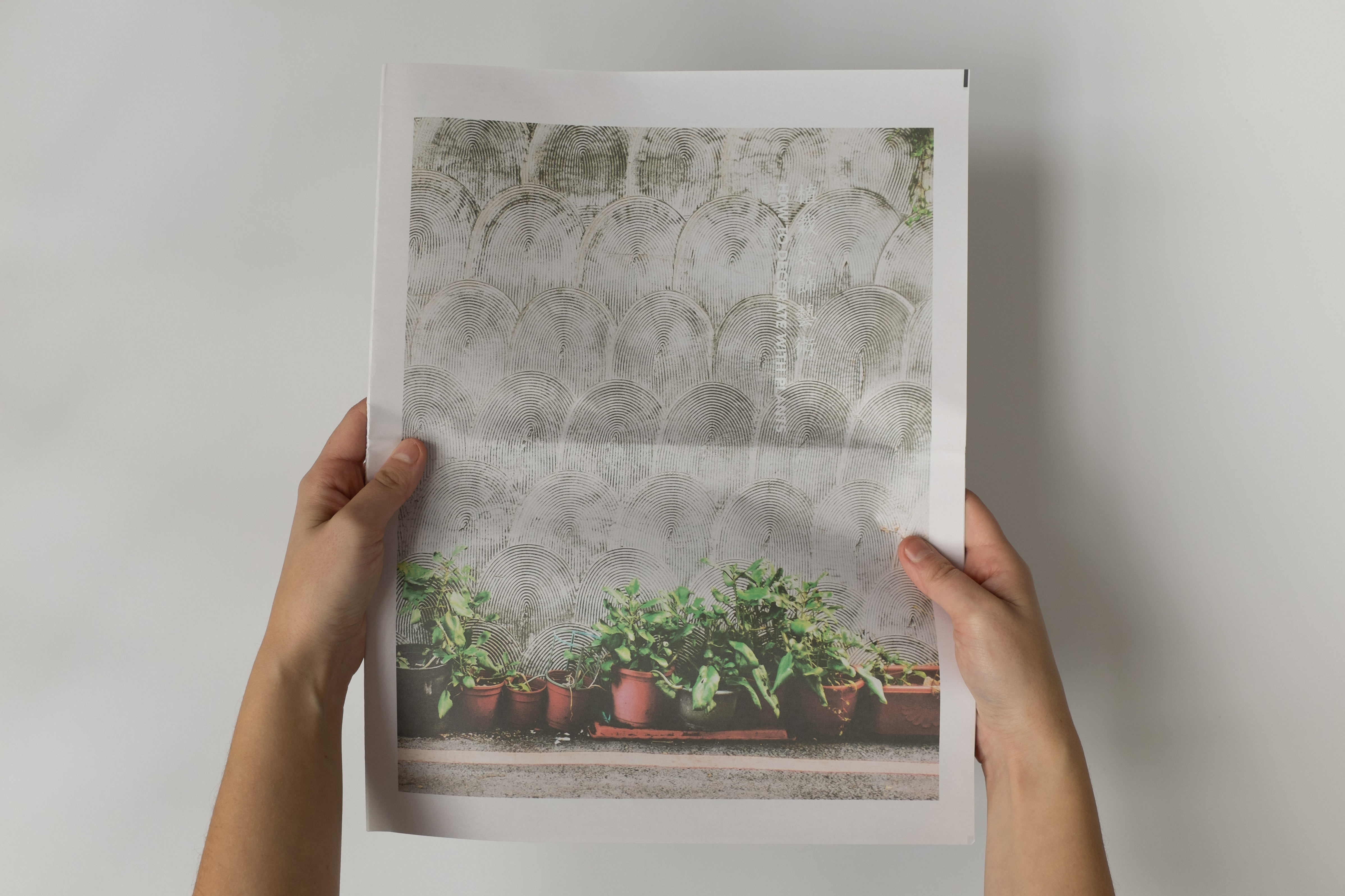
How to Decorate with Plants
28 pages, edition of 50
Newsprint
Self-published
2014
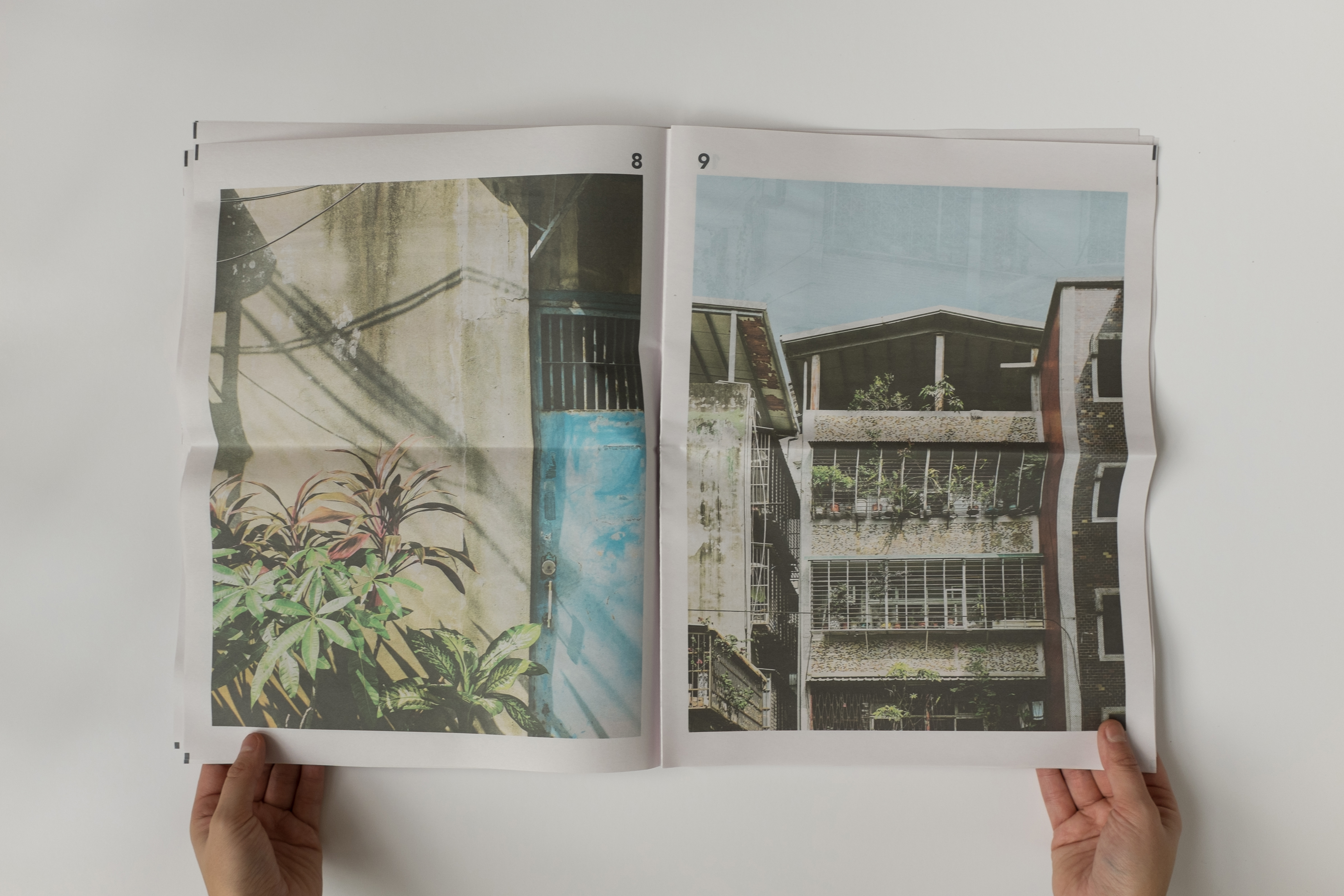

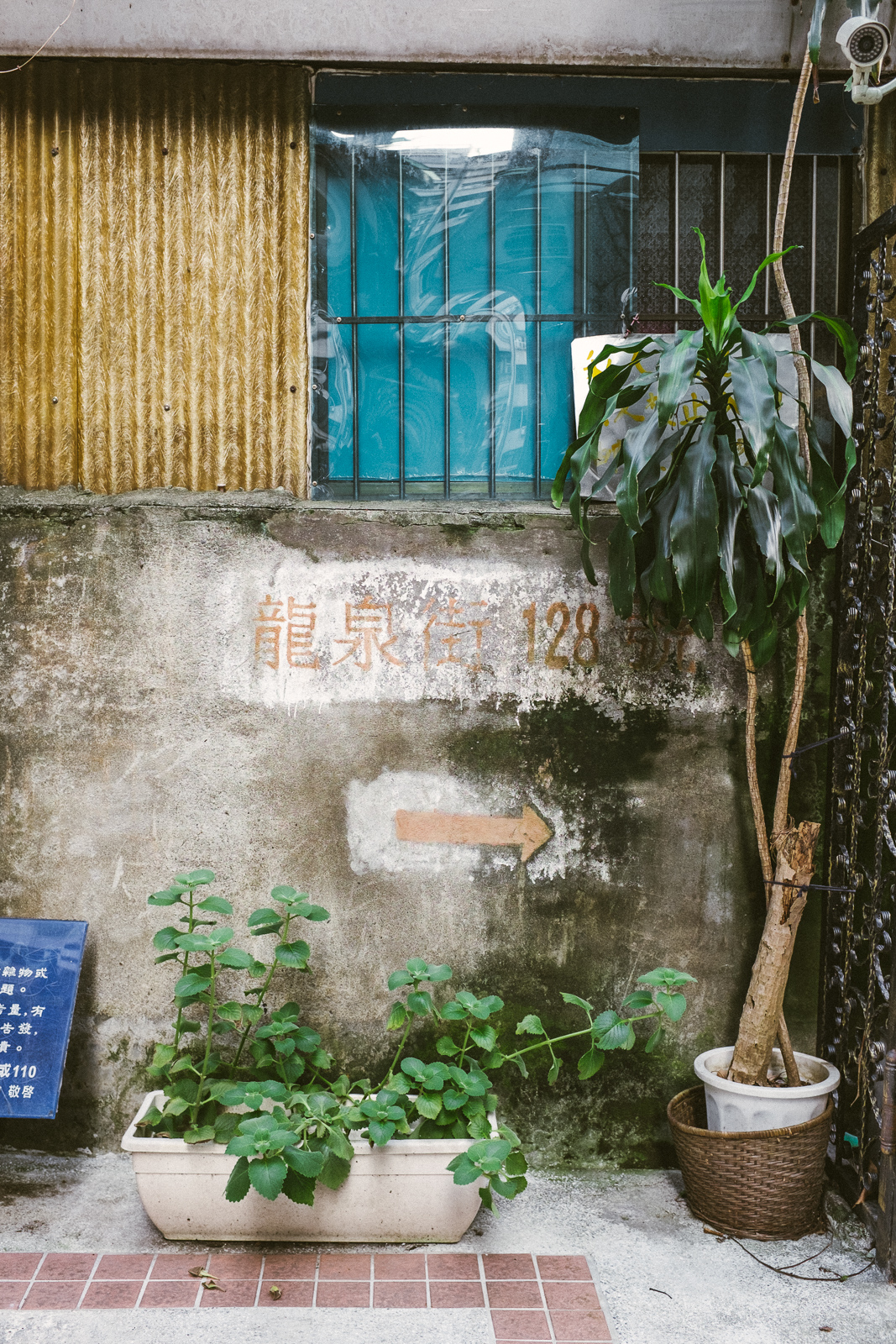



How to Decorate with Plants was created during a weekend in New Taipei City, Taiwan, where I stayed with a local resident. In the neighbourhood, I was struck by how people transformed their tiny outdoor spaces into inventive mini-gardens, bringing life and personality to an otherwise grey urban environment.
The title plays on interior-design manuals and the idea of “correct” taste — a quiet reaction to the anxiety around how we are “supposed to” arrange our homes and surroundings, especially common in Sweden. Printed as loose pages on newsprint, the work celebrates everyday expressions of care.